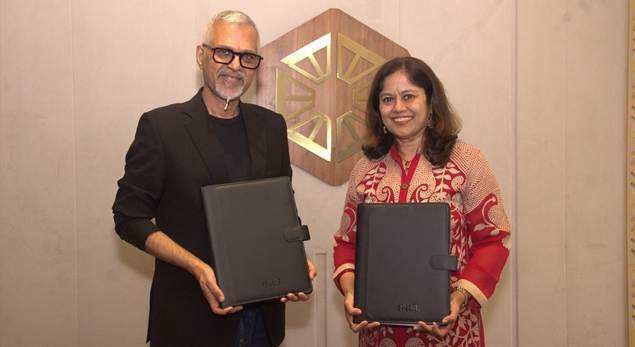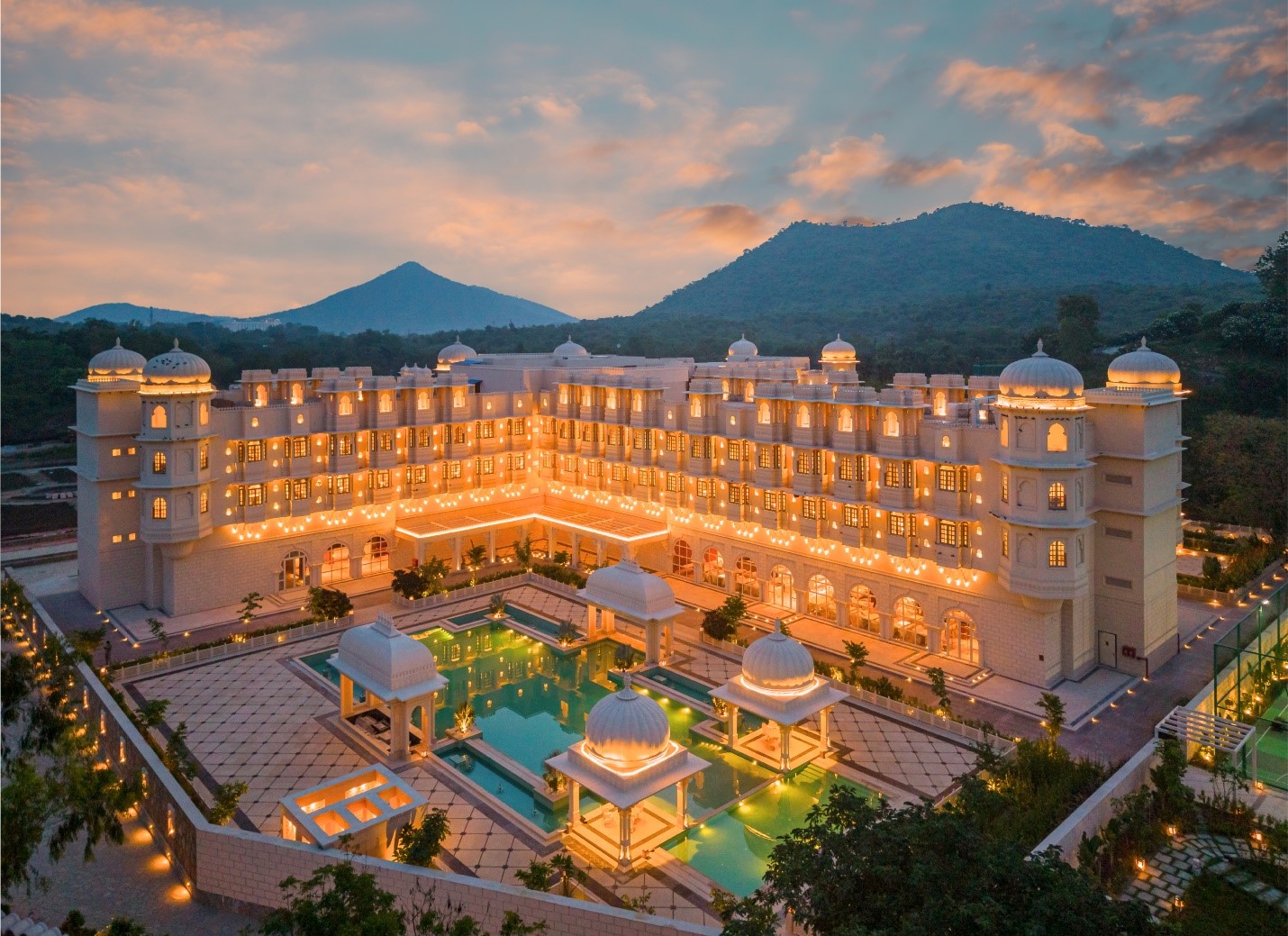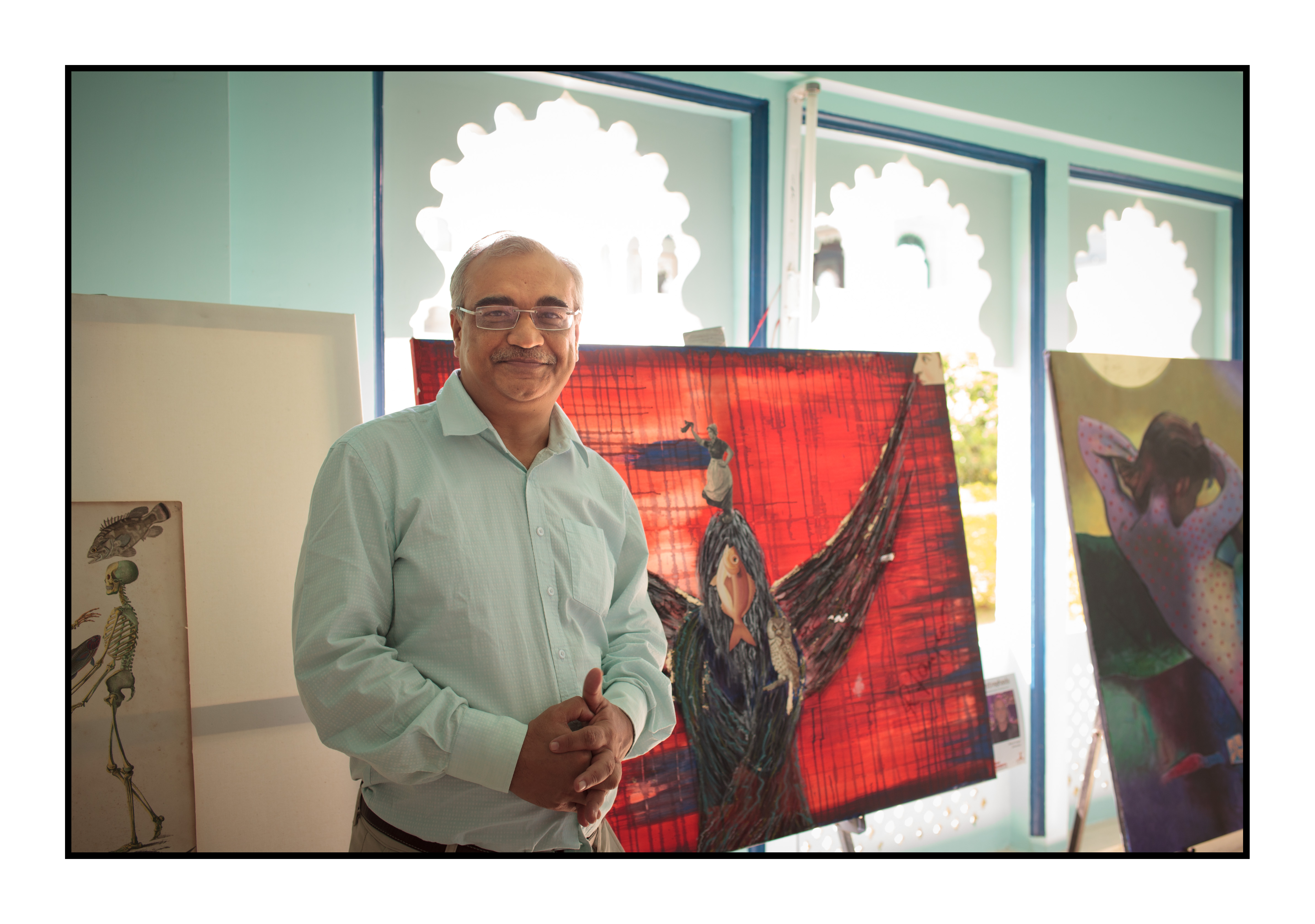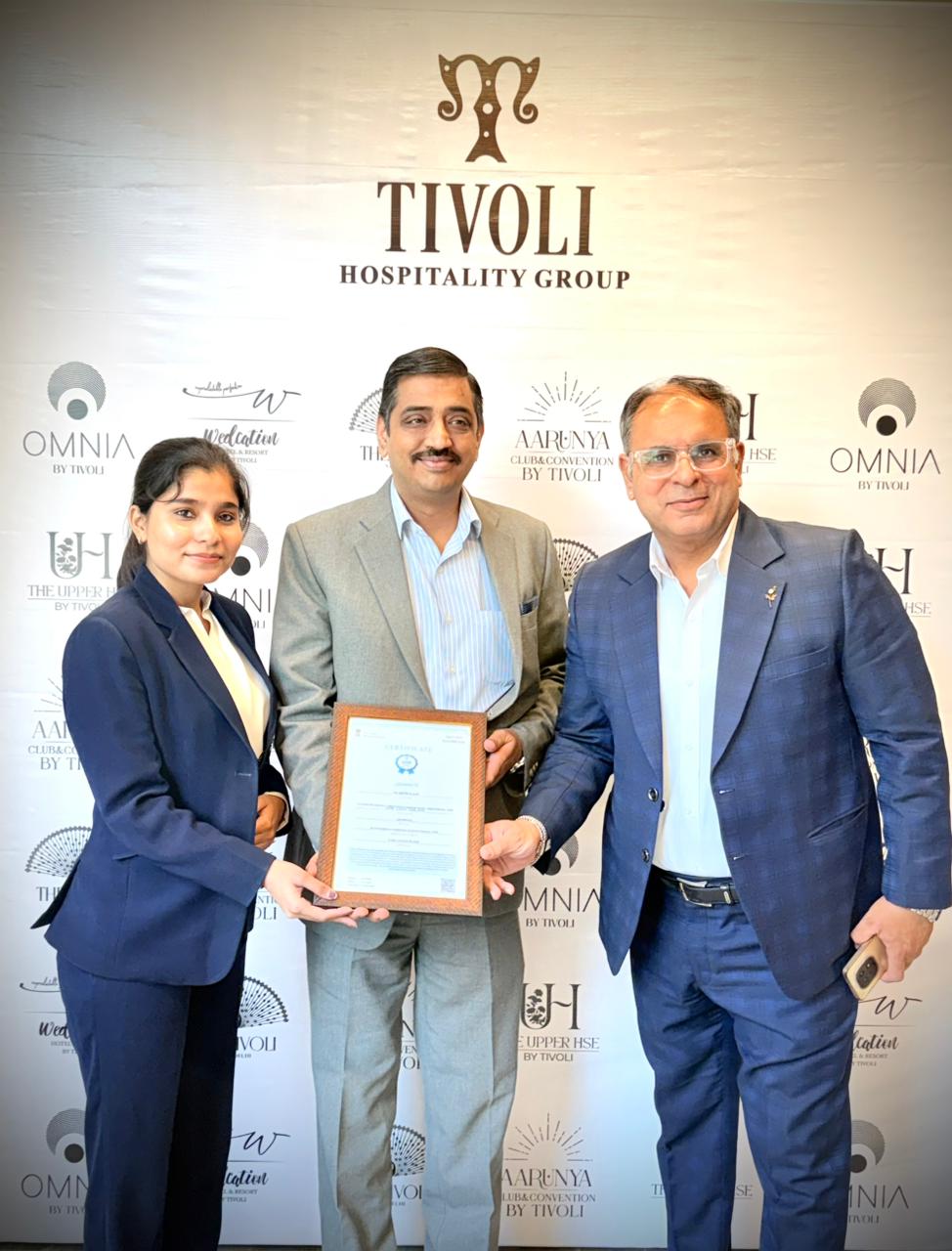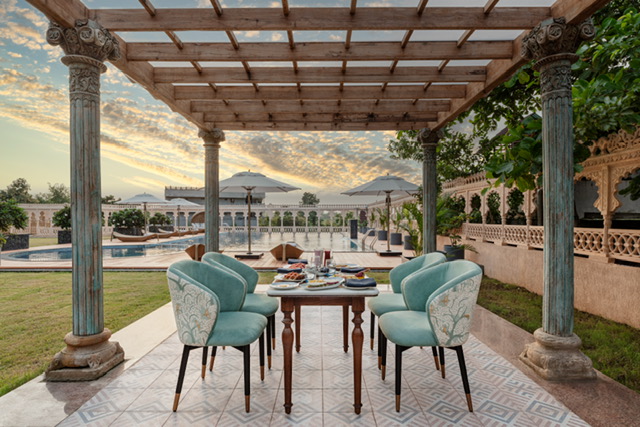Amidst COVID-19, Shwetank Singh, Vice President – Development and Asset Management, InterGlobe Hotels, tells us the group is on-track despite the outbreak of the deadly crisis!
What are your expansion plans for 2020?
From an operations and performance point of view 2020 had initially started off well for us until the middle of February with the whole COVID-19 situation impacting the performance and business in hand since then. While we expect it to grow stronger as the year goes on, all efforts are being made to control costs and track the market closely. 2019 was an indifferent year with many on goings in the country but towards the end the market picked up well. Going forward we will have to wait and watch how the market trends emerge.
Besides the 17 operational hotels we have 6 more hotels with a total inventory of 1,083 Keys under active development and are expected to open in 2021-2022.
From an expansion standpoint, we are currently pursuing some very promising deals in Pune, Goa, Mumbai, Hyderabad and Bengaluru. As these transactions fit our requirements of the micro market and location specifics, they are crucial for us. Having said that, we have made significant progress with these transactions and we plan to complete at least 3 of these deals very soon.
When it comes to travel trade fraternity, how closely are you working with them?
We work very closely with the travel trade fraternity for both offline and online publications. The feedback that we receive about our business is always valuable to us. Our engagement with this sector provides us with a platform to showcase our new properties and explain the thought process that is involved. We are always keen for relationship building opportunities with travel and trade fraternity and we hope to work even more closely in the future as well.
From a business standpoint, our hotels PAN India have actively engaged with the Big-Ticket Travel Agents to further grow the leisure segment in India and allow for significant traction during peak and off seasons. Today, most of our hotels are being designed to allow for more group travellers with unique design features. Specifically, for our hotels in leisure destinations, features like a third bed, kids play area as well as swimming pools have been included. They help in providing a comfortable space which ensures a delightful stay with entertainment for family travellers.
In addition to this, for our hotels in corporate destinations, we proactively seek opportunities to cater to large business groups. Some of the amenities include event halls with supporting banquet kitchens, open lawns for larger groups, dedicated group check-in desks for business travellers and more.
In your last interview, you mentioned about exploring opportunity with Novotel besides IBIS, how is that panning out?
Our focus has always been on promoting and pushing the ibis brand. In the past one year, with our new property opening in Kolkata along with the relaunch of the newly redesigned ibis Jaipur, an enormous amount of thought has been put in terms of how we can refine and further improve this brand. With our new refurbishments and new openings, we aim to reposition ibis with a modern and contemporary look and feel.
However, not all sites are best suited for an ibis product. Whenever we come across a suitable land parcel, we do check if it has a higher development potential in terms of banquet space, public areas, F&B offerings or even room sizes. If we feel a superior product would be more apt for that location, we are very happy to consider a Novotel product instead.
That being said, we are always on the lookout for any such deals. Be it brownfield, Greenfield or even conversions of operational properties which are on sale.
Also, will IGH look for new association like the one it has with Accor right now?
The Joint venture we have with Accor is a unique one. Together we have developed 17 hotels with 3,059 keys and are actively developing 6 new hotels adding an additional 1083 Keys to the portfolio.
Our association with Accor has come a long way. Accor has been a great partner in bringing their vast knowledge of the Indian market. They bring to us their excellence in operations, cost optimization and sales which has worked very well for our portfolio. We are very happy to be working with Accor and are not looking at any new association.
Has reduction in GST impacted your hotels directly?
We are aware that the GST rate on hotel rooms has now been revised. It is aimed at providing a growth impetus but as our hotels fall under the INR 1,000 – INR 7,500 slab of room tariffs the rates have changed from 18% to 12%. This has benefited the guests as this revision makes the room pricing more value for money for the guests and help us drive better rates for groups and FIT travelers.
But our biggest challenge has been that the impact of GST on construction cost of a hotel which has been prohibitive, leading to nearly 8%-10% increase in the overall cost. A hotel developer can only recover part of the GST spent on construction cost, when the hotel becomes operational. Besides, the civil structure which is categorized as immovable property is not allowed to claim GST credit.
Since the civil structure is viewed as immovable property, no input credit is available for it. This remains a challenge and for this we have been engaging with different statutory boards to look for revisions in this.
What are the challenges faced while constructing a hotel?
I would definitely like to highlight some challenges faced by the hotel companies during construction of hotels in India which often go unnoticed such as:
- Approvals and licenses:
- There are numerous licenses and approvals (can add up to more than a 100 in some states) that one needs to get in present times to open a hotel in India leading to loss of time, effort and money
- Our property at Ibis DIAL was in pre – opening stage for more than a year which lead to huge preopening costs
- A single window clearance and faster approval process could shorten the lead time of opening a hotel by as much as 6 months
- Taxation:
- The immediate impact of GST on construction cost of a hotel has been prohibitive, as there is no GST input which can be recovered immediately
- Hotel developer can only recover part of GST spent on construction cost and that too only when the hotel becomes operational
- This has had a direct impact of increase in construction and interest cost for a hotel developer by as high as 8-10% and thus further reducing ROI from hotel projects
- Circle rates:
- Many cities in India have unrealistic circle rates which are higher than the prevailing land prices, making acquiring land for hotel development unviable
- Delhi, for example, have circle rates which are sometimes as high as twice of the current market price for hotel / commercial plots
- Higher circle rates than market price means that stamp duty payable by the buyer is much higher. Also, the seller needs to pay capital gains or income tax (as applicable) on the higher circle rate, making the transaction infeasible
- Parking norms:
- Parking norms in most states in India are archaic, unrealistic and prohibitive for hotel development
- In cities like Thane, one is asked to provide as much as one car park for every 1 room. So, for a 200-room hotel, one would need to provide 200 car parks
- This is both uneconomical and unnecessary as almost all hotel travellers today rely on cabs and public transport as means of commuting
- A more logical way of calculating parking space for hotels would be to link it to banquet space rather than rooms
- Land Acquisition challenges:
- For land prices no credible benchmarks are ever available, and the owner expectations are almost always unrealistic. This makes land cost sometimes range between 45-50% of the project cost, though anything more than 25-30% makes projects infeasible
- Land records in only a few states are in digital form, which makes title search an arduous and risky exercise. Oftentimes one has to go back at least 30 years to make sure there are no hidden aspects which are being missed
- Manpower challenges:
- One of the main causes of concern for Indian hospitality industry is the lack of adequate manpower given that hospitality is one of the most labour-intensive service sectors and one of the largest employment generators in the country
- Quality manpower has failed to keep pace with the growth of organized hotel inventory which has doubled in the last 8 years. This has resulted in attrition rates as high as 50 – 70% for many hotel companies in India



